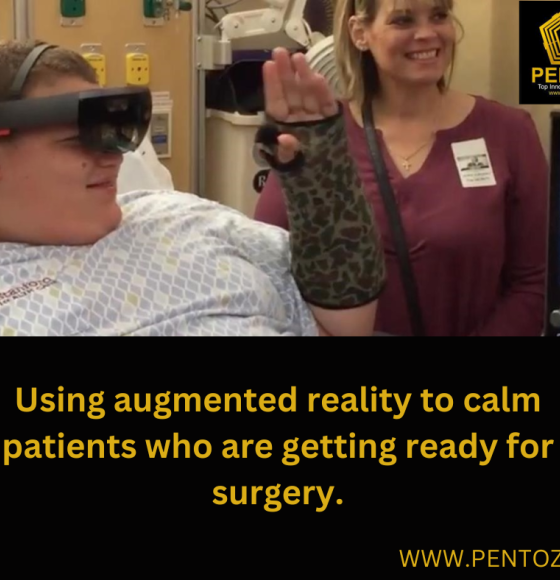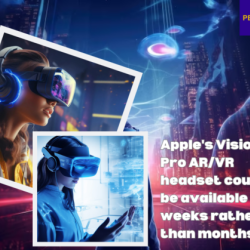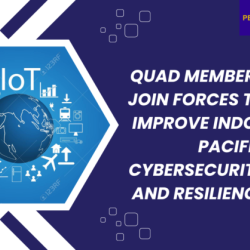Researchers from the University of Miami who specialize in medicine and computer science have discovered that utilizing augmented reality (AR) to guide patients through a surgical procedure lowers anxiety. Prior to an orthopedic treatment, the team fitted patients with AR equipment in their trial, which was published in JAMA Network Open, and compared their anxiety levels to a control group.
Prior studies have revealed that the majority of people feel some level of anxiety while getting ready for surgery. Both fear of the unknown and the obvious cause of some anxiety, fear of being cut open, are present. Most people do not undergo surgery frequently, so they are unsure of what to expect.
Scientists have been exploring for methods to assist patients in order to lessen some of that worry. One method that has shown some potential is to have them participate in a virtual reality practice session. VR, however, is a passive activity. The researchers’ goal with this new effort was to see if employing AR may be a superior strategy.
To find out, the research team invited 140 patients scheduled for elective, outpatient orthopedic surgery to participate in an AR experiment. Of those, 95 individuals underwent the AR experience after 45 patients were disqualified.
The volunteers were divided into two groups: those who received just the usual pre-operative instructions, and those who also received a three-minute augmented reality experience narrated by the surgeon who would conduct their surgery.
At various stages during their participation, all of the volunteers were asked twice before and twice after the procedure how anxious they felt. Comparing individuals in the AR group to those in the control group, the researchers discovered that those in the AR group reported reduced levels of stress and anxiety.
The research team comes to the conclusion that AR can be a useful tool for lowering pre-op stress and anxiety, but they also point out that additional research is needed to see if it is equally helpful in more widespread situations.

















